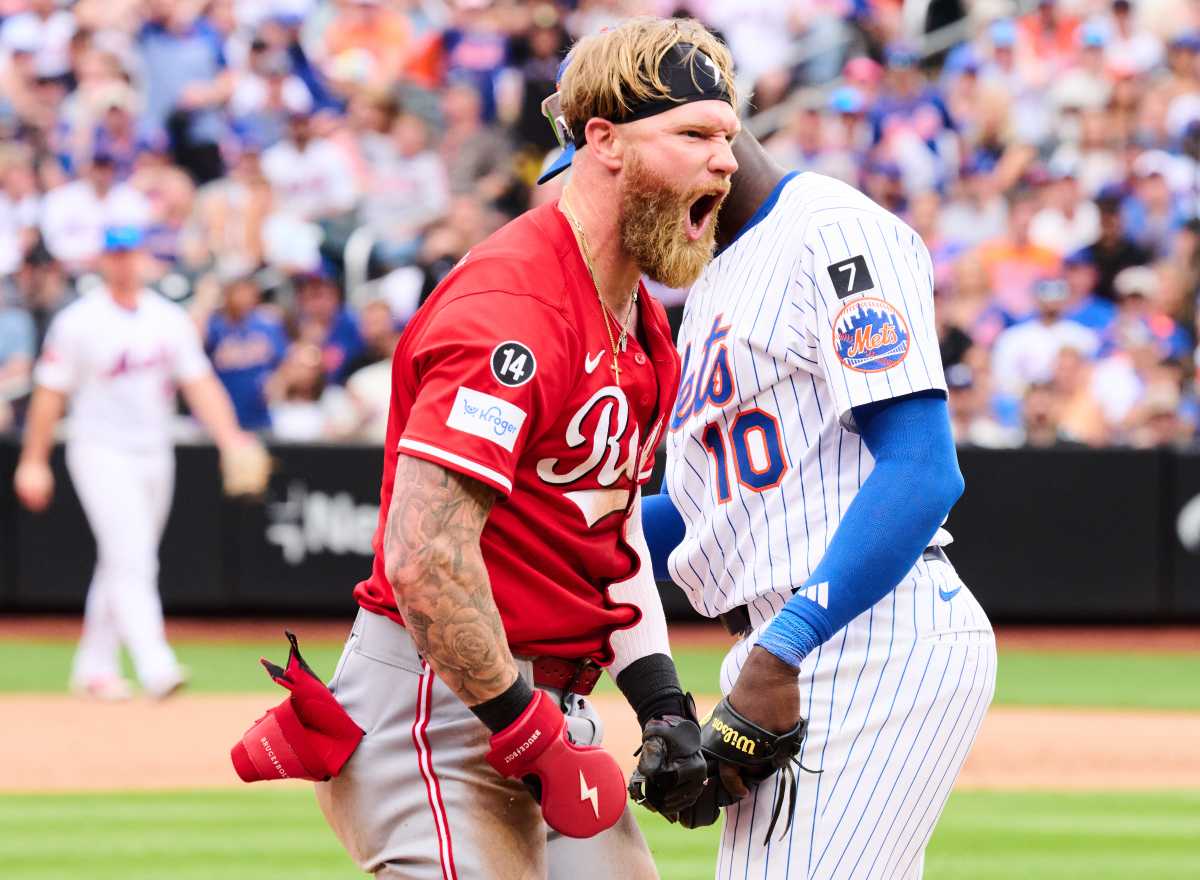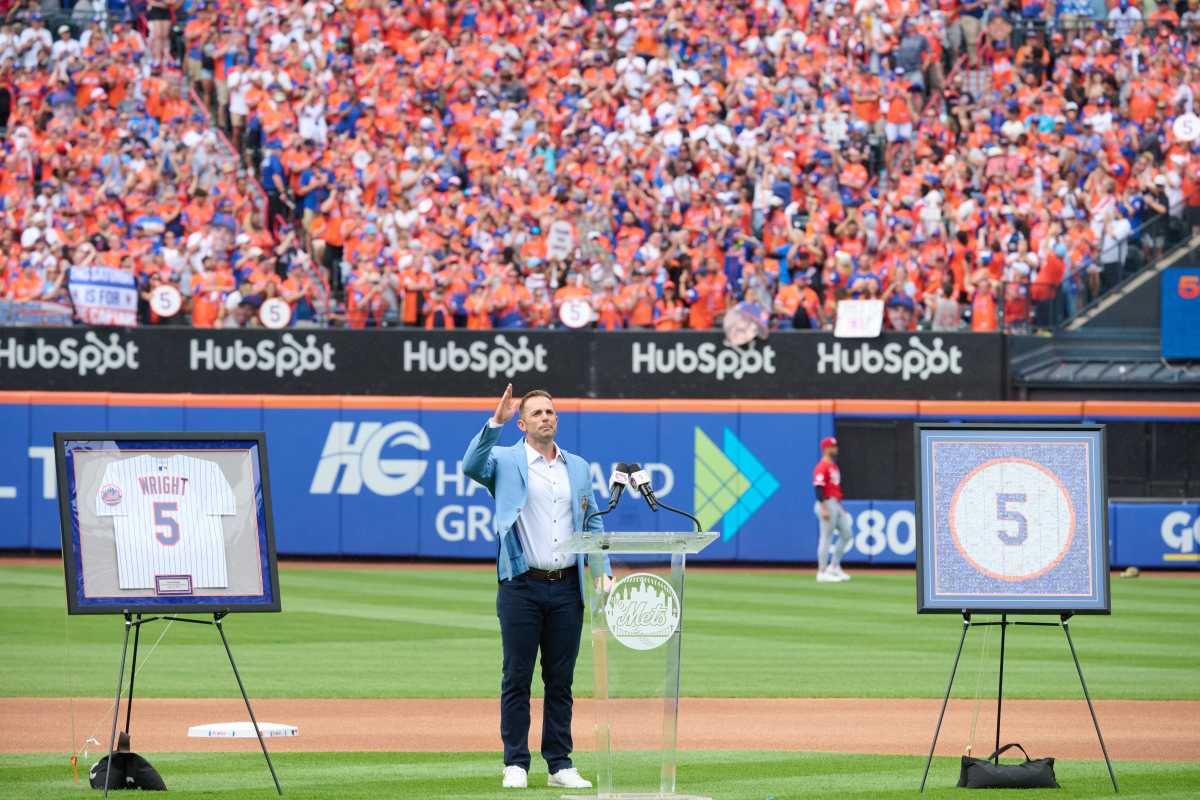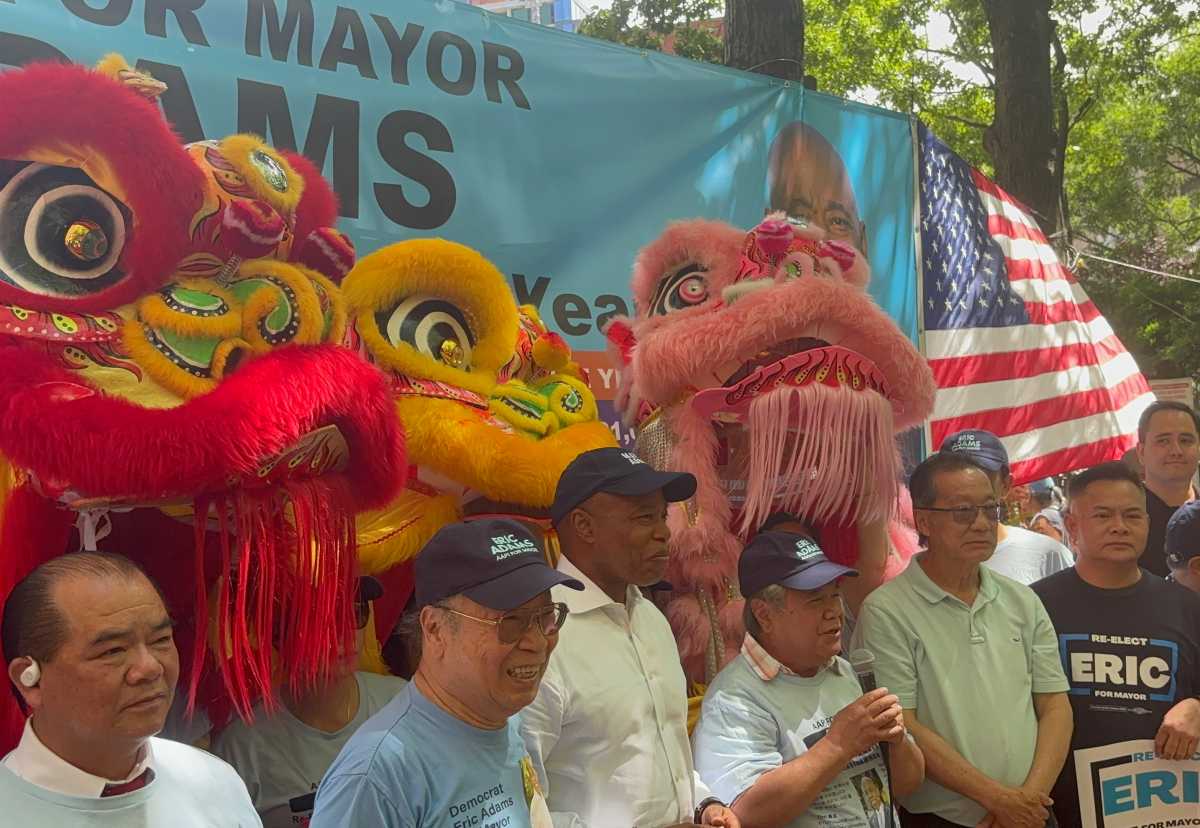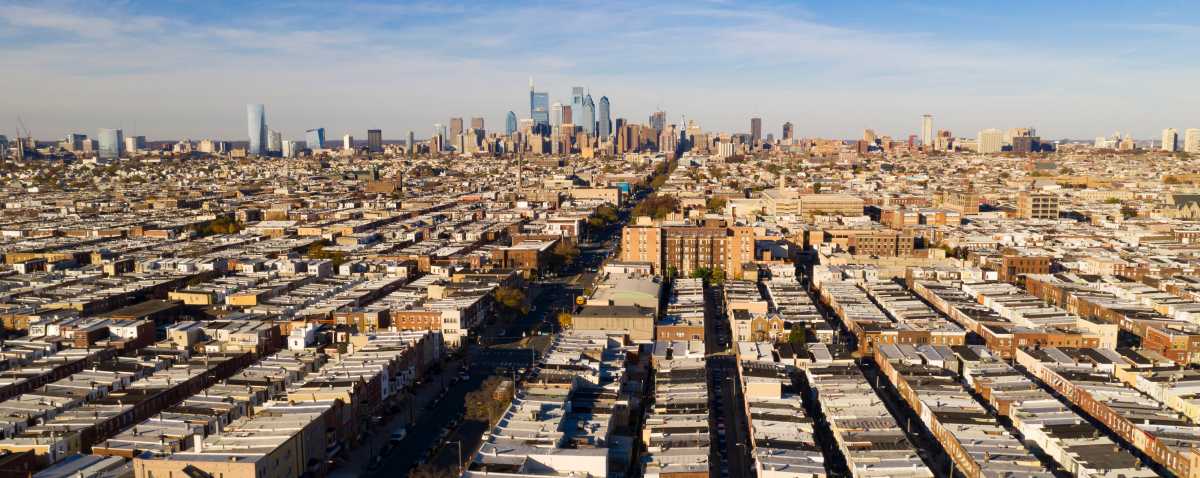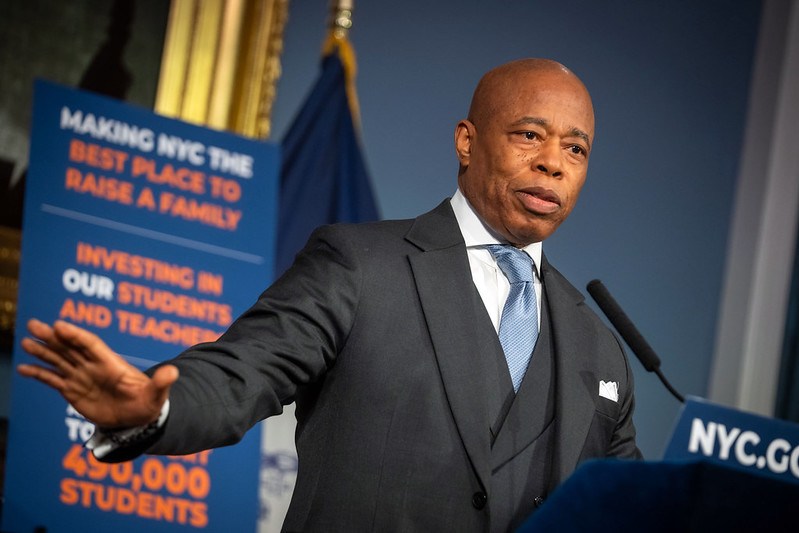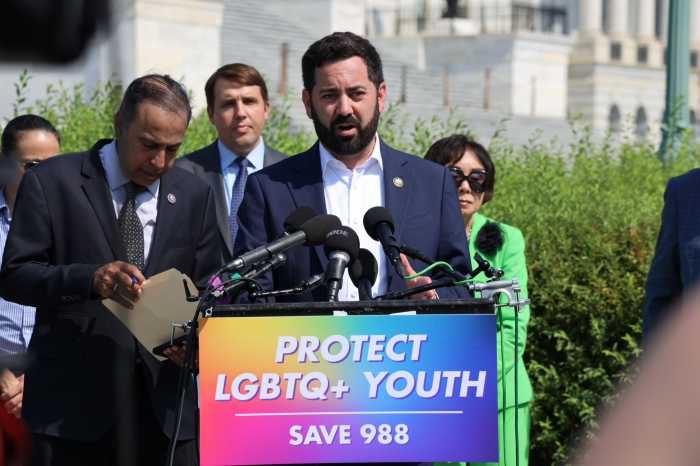Google “hand” and the images that pop up rarely feature a person of color. With this lack of ethnic diversity online preoccupying her thoughts, Swedish graphic designer Johanna Burai decided to set up World White Web. The worldwhiteweb.net site focuses on changing search result pages for “hand” and other basic keywords, by asking users to share six different images of hands from non-white people via social media. The student from the Beckmans College of Design in Stockholm, Sweden, talks to Metro about her online activism against discrimination.
Why do you think we never before stopped to think that there are only white hands appearing in Google searches?
— Because the white body is considered neutral –it never has to be explained. I myself wasn’t sure about it because I am based in Sweden where the majority of the people are white, so my search could have been related to geolocation. So, I asked a friend in South Africa to perform a Google image search for ”hand” and she got the same white result as me.
You use the term “whiteness online” in your campaign. What does it mean?
— A search for most generic body parts – like “hand”, “legs”, “woman” or “man” – shows people and bodies that are almost entirely white. The almost entirely white results are part of the way that the Internet and culture think of whiteness as neutral or the norm.
So, you’re saying being white is a norm in our online society?
— Yes! The phenomenon is part of the Internet’s normalization of whiteness, whereby non-white images require specific search terms. And a lot of people choose to turn a blind eye to the privileges you get simply by being white, as well as to the systematic racism experienced by people of color in their everyday lives.
Do you think your World White Web project is strong enough to change it?
— I think representation is very important for all of us, to be represented in a positive or neutral way in all kinds of media, such as television, magazines, commercials, films etc. That’s why I want to make the Google image search a little more diverse. So that’s my goal: to make the search result less white. I also want the project to raise awareness about systematic racism in our society.
Can your website be used to discuss other kinds of prejudice?
— It’s very easy to see all kinds of prejudice when you use Google image search; it’s also easy to see the norms of society. If you google ”woman” you will get a clear picture of how the society wants a woman to look, or the idea of what a woman should look like.
Have you spoken with Google about your project?
— I have not talked to them yet. But I will take contact with them.
And how has been the feedback from the public?
— It’s been both good and bad. I get a lot of positive feedback but also a lot of hate from racist people for doing this project. But that doesn’t bother me at all.












